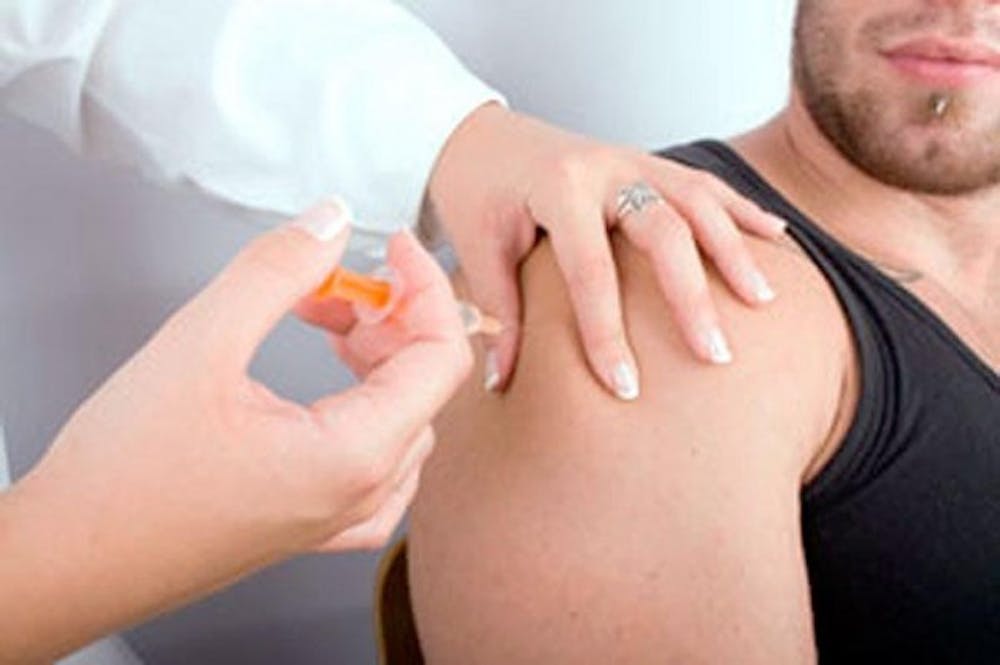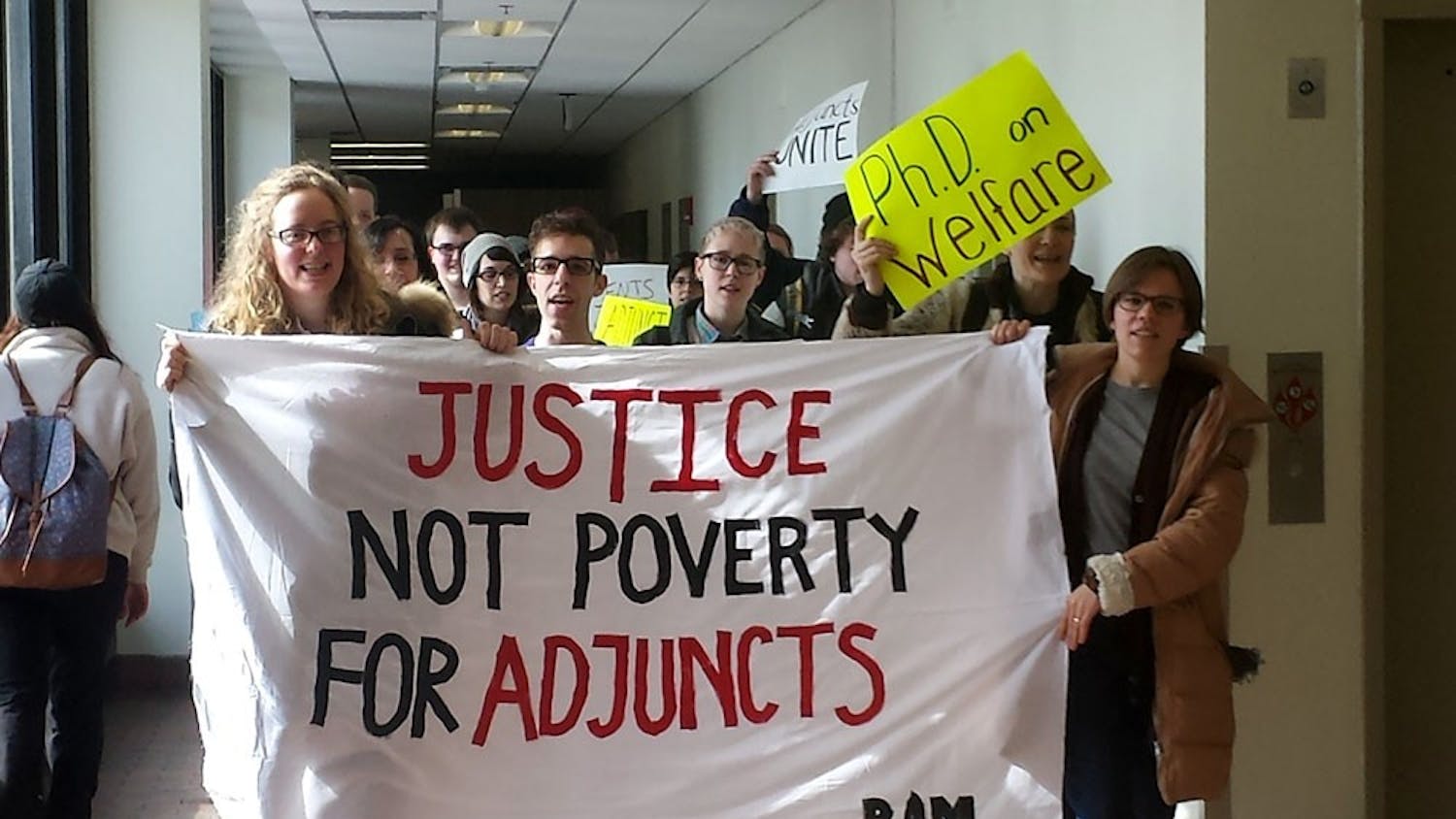Boys and young men should be vaccinated against human papillomavirus, or HPV, to protect against prevalent anal and throat cancers linked with the virus (which is typically transmitted sexually) in recent years. And UB's Dr. Thomas Melendy is working on what would be the most comprehensive anti-viral HPV drug to date.
Gardasil, the HPV vaccine, was recommended in 2006 for girls and young women to prevent cervical cancer, but studies now show that men need the vaccine, too, and it was officially recommended by the Advisory Committee on Immunization Practices of the Centers for Disease Control and Prevention on Oct. 25.
Danielle Tabbi, a registered nurse at ECMC and graduate student at Daemen College, has noticed in her three months at ECMC a major increase in surgeries that removed mandibles (jawbones) from men who have developed cancers in the back of the throat. Interested in why so many men were enduring these surgeries, she found that the cancers they developed are HPV positive, meaning that at some point in their lives they got HPV that led to cancer.
"What I'm concerned about is [that] all the focus has been on women, and women with cervical cancer," Tabbi said. "But guys don't have anyone to go to. They don't have a doctor to talk to them about this, and they don't have a test for this, and they don't think this affects them. Most men don't even know what HPV is, because all of the med ia [is focused] on women."
Within the U.S., 400 men have HPV-associated penile cancer, 1,500 men have HPV-associated anal cancer, and 5,600 men have HPV-associated oral pharyngeal cancer, according to estimates by the Center of Disease Control and Prevention.
While there are over 100 strands of HPV that are sexually transmitted, Gardasil decreases one's chance of acquiring the four most highly cancerous strands.
Melendy, an associate professor in UB's department of microbiology and immunology, and his colleagues are working on developing an anti-viral drug against not only the four most cancerous strands, but all HPV infections. Melendy is the world's leader in identifying critical interactions between the HPV proteins and human proteins that the virus uses to duplicate its viral DNA.
"There's no evidence right now on the horizon of a vaccine that will prevent all of [the isotypes]," Melendy said. "The vaccines that are available all seem to be specific for a single isotype, and there are over 150 HPV isotypes, and probably a third of them are the sexually transmitted type…so creating a vaccine that's going to hit all of them is going to be difficult, if not impossible. We think we have a target for the drug that will hit all of them."
Eighty percent of men knew nothing about HPV-associated genital warts, 90 percent knew nothing about HPV-associated oral cancer, and 94 percent knew nothing about HPV-associated anal cancer, according to the Journal of Behavioral Medicine 2010.
Although Gardasil has been approved for males since 2009, it has not been pushed by the media or covered by insurance since its approval for recommendation in October.
"What is baffling me is right now they're finding this prevalence, they're saying, ‘OK, wow, this is connected to cancer, people are getting cancer because of this,'" Tabbi said. "Well, they're finding this in people who were affected 30 years ago that are now getting older. So, right now, when you have 6.2 million people a year being infected, imagine what the cancer rates are going to be down the line."
Email: news@ubspectrum.com




